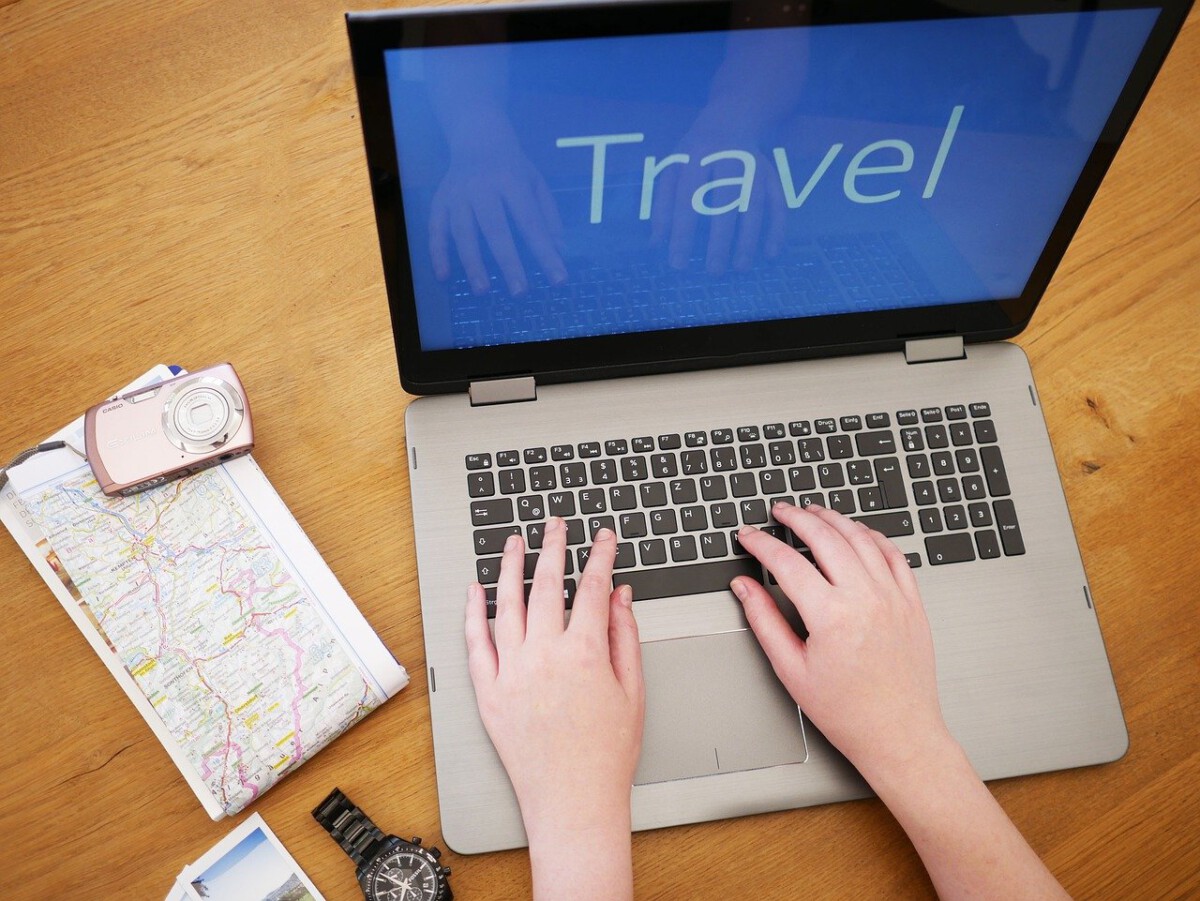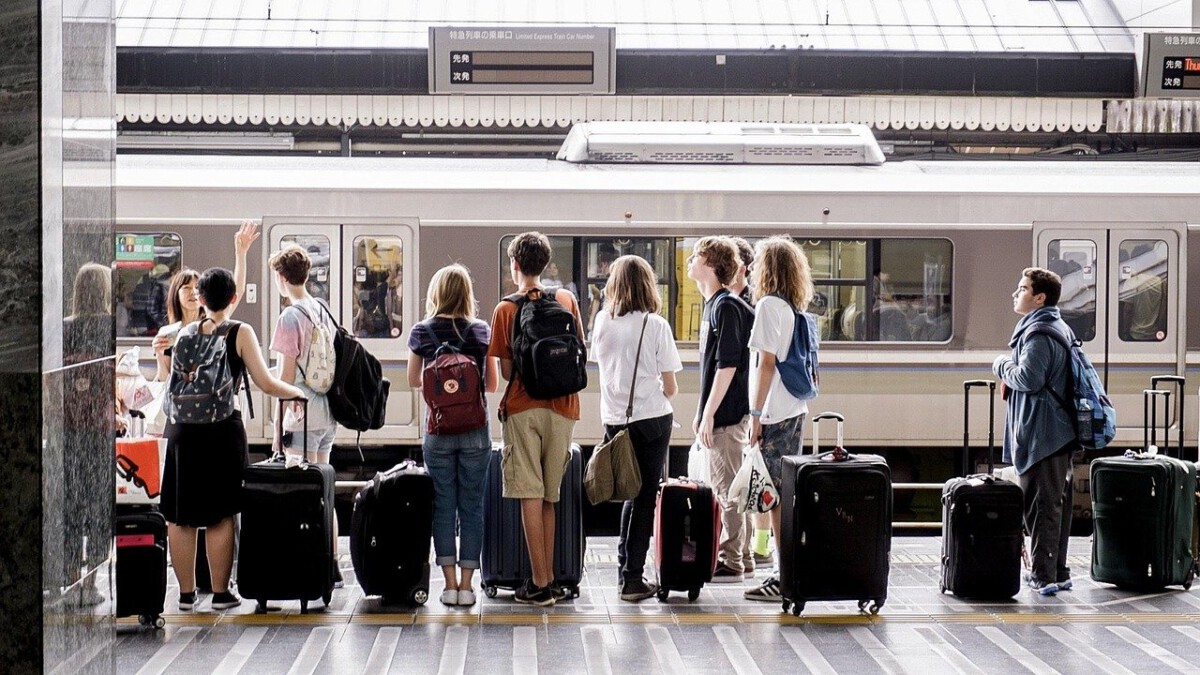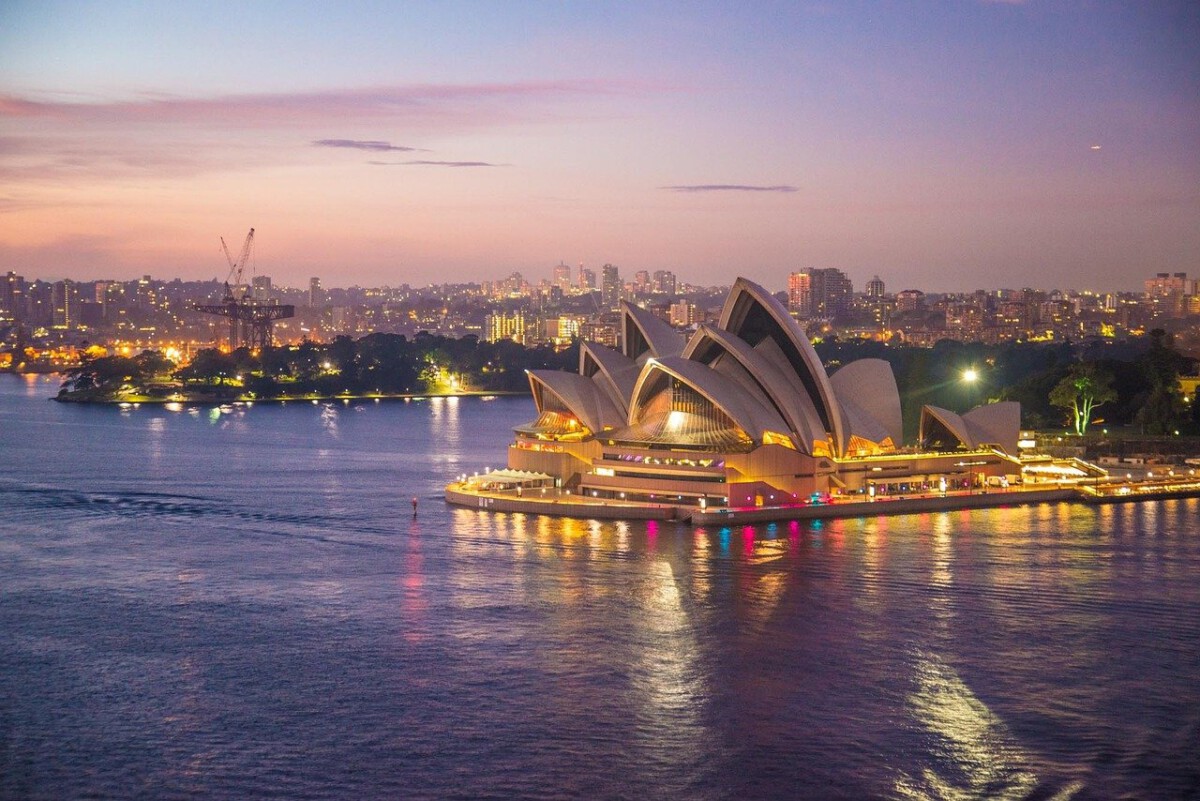Personalized Travel Recommendations


Travel planning used to be a one-size-fits-all experience, but AI is changing that in dramatic ways. By digging into your previous trips, favorite destinations, and even the restaurants you like on social media, AI-driven platforms now serve up travel ideas that feel tailor-made. Google Travel, TripAdvisor, and similar sites use machine learning to suggest hotels, attractions, and eateries that match your unique preferences. This isn’t just guesswork—according to McKinsey, personalized recommendations can boost customer satisfaction by as much as 30%. Instead of flipping through endless options, travelers are now greeted with choices that genuinely excite and inspire them. It’s like having a friend who knows your tastes perfectly, always ready with the next great adventure. This level of personalization helps travelers feel understood and valued in a way that old-school guidebooks never could.
Smart Itinerary Planning


Imagine having someone do all the planning for you in seconds—AI makes this possible. Modern travel apps now use artificial intelligence to pull together complete itineraries, blending your interests with the best routes, times, and even weather forecasts. Kayak and Hopper, for example, scan mountains of data to recommend the best flights and hotels at the lowest prices. This means that instead of spending hours comparing and organizing, you get a day-by-day plan that maximizes your time and budget. AI can even adapt in real-time, suggesting new activities if your plans change or if there’s a sudden local event. By handling these details, AI lets travelers focus on the excitement of the journey, not the stress of logistics. With everything mapped out so efficiently, the only thing left to do is enjoy the adventure.
Enhanced Customer Service


Everyone knows the frustration of waiting on hold to fix a travel problem. AI-powered chatbots are ending that pain by offering instant, helpful support around the clock. These smart assistants answer booking questions, handle changes, and solve problems, all without the need for human intervention. Gartner predicts that by 2025, three out of every four customer service interactions in travel will be handled by AI. This means travelers get answers fast, no matter the time zone or urgency. Human agents are freed up to solve trickier issues, making the whole customer service process smoother and more satisfying. The result? Less stress, more confidence, and a sense that help is always just a click away.
Predictive Analytics for Pricing


Ever wonder why flight prices seem to change every time you check? That’s AI at work, using predictive analytics to forecast demand and adjust prices in real-time. Airlines and hotels pour over years of data—holidays, weather, even local events—to set prices that reflect what travelers are likely to pay. The International Air Transport Association (IATA) found that using AI for dynamic pricing can boost airline revenue by up to 10%. For travelers, this means smarter advice on when to book for the best deals. AI-powered apps track these changes and alert users to price drops, helping them save money and avoid disappointment. The old days of guessing and hoping for a good deal are quickly fading away.
Virtual Reality and Augmented Reality Experiences


AI is giving travelers the power to try before they buy, thanks to virtual reality (VR) and augmented reality (AR). Before booking a trip, you can put on a headset and walk through a hotel room, explore a city’s streets, or even “visit” a remote beach. Companies like Thomas Cook have rolled out VR demos in their stores, letting customers experience destinations firsthand. This immersive approach helps travelers make more confident choices and gets them excited for the real thing. It also brings destinations to life for those who might be nervous about the unknown. The excitement and reassurance that come from seeing a place in advance are hard to overstate.
AI in Travel Safety and Security


Security is always top of mind, and AI is stepping up to make travel safer for everyone. Airports now use AI-driven facial recognition technology to speed up identity checks and reduce waiting times. These systems scan thousands of faces a day, flagging potential threats much faster than humans ever could. The World Economic Forum reports that AI can improve airport security efficiency by up to 30%. AI also analyzes travel advisories, weather risks, and health alerts, giving travelers up-to-date information on safety. Whether it’s keeping an eye on global events or streamlining security lines, AI is quietly working behind the scenes to protect travelers and give them peace of mind.
Streamlined Booking Processes


Booking a trip should be exciting, not a chore. AI is making the entire process faster and easier by learning from your past preferences. Machine learning algorithms can autofill forms, remember your frequent flyer details, and suggest payment options you’ve used before. This reduces mistakes and cuts down on the time spent filling out endless fields. If you’re booking a last-minute getaway, AI ensures you don’t have to start from scratch every time. Travelers can move from dreaming to booking in just a few clicks, making spontaneous adventures much more attainable.
Sustainable Travel Solutions


Sustainability is no longer a buzzword—it’s a priority for today’s travelers. AI is helping the industry go green by analyzing travel patterns and promoting eco-friendly options. For example, AI can suggest direct flights to reduce emissions, recommend hotels with green certifications, or encourage participation in carbon offset programs. Booking.com reports that 72% of travelers are now more likely to choose sustainable travel options. This technology empowers travelers to make choices that align with their values, without sacrificing comfort or convenience. AI’s role in nudging the industry toward sustainability is becoming more important with every passing year.
AI-Driven Travel Communities


Traveling isn’t just about places—it’s about people. AI is connecting travelers with others who share their passions, interests, or itineraries. Platforms like Couchsurfing and Meetup use AI to match users for shared experiences, from city tours to local meals. Airbnb found that 65% of travelers want to connect with locals during their trips, and AI makes these connections easier than ever. These communities help travelers feel less alone, discover hidden gems, and forge real friendships. AI’s ability to match people goes beyond algorithms—it builds bridges across cultures and continents.
Future Trends in AI Travel Planning


The future is arriving faster than anyone expected, with AI at the helm of travel innovation. Technologies like natural language processing are making AI assistants—like Amazon Alexa or Google Assistant—smarter and more helpful. Soon, travelers may plan entire trips using just their voice, asking for suggestions, bookings, and real-time updates without lifting a finger. As AI continues to learn and evolve, the line between travel agent and travel app will blur even further. The pace of change is breathtaking, promising a world where travel is not only easier but also more inspiring and personal than ever before.





